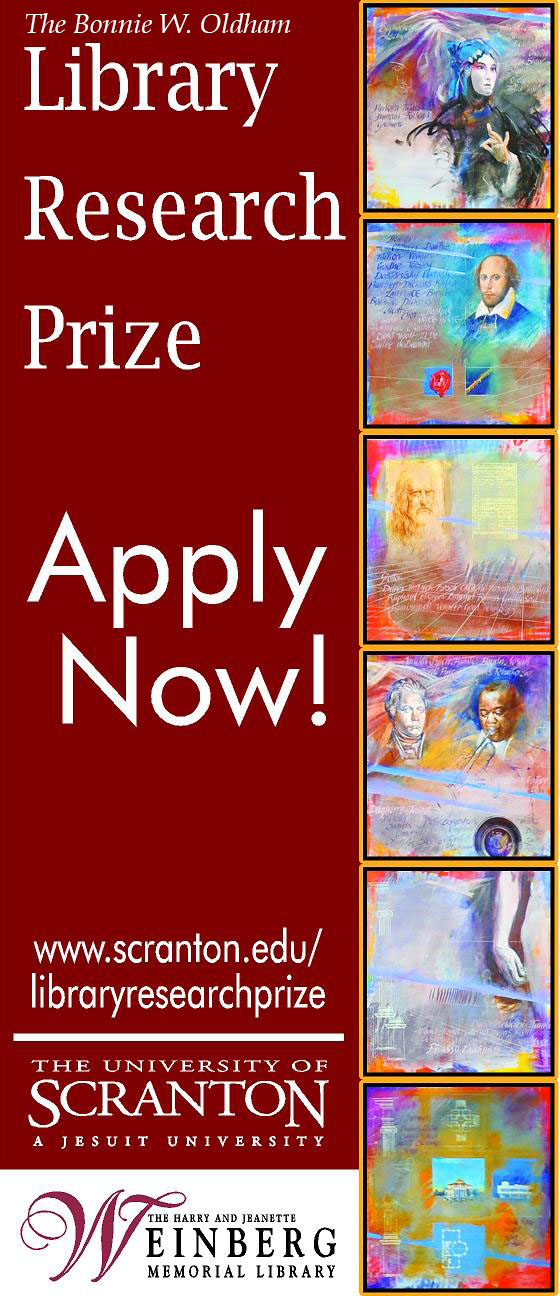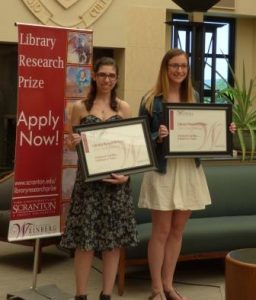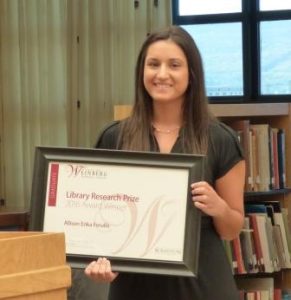Do you want to enhance your students’ research abilities? Then consider applying for an Information Literacy Stipend for your course.
The Weinberg Memorial Library will be awarding up to two (2) $1,000.00 stipends for courses taught during Summer 2021 or Fall 2021. Recipients will collaborate with a faculty librarian to develop assignments and assessments that focus on information literacy. The stipend will be awarded upon submission of a final report. Both full- and part-time faculty are eligible.
What is information literacy?
Information literacy is the set of integrated abilities encompassing the reflective discovery of information, the understanding of how information is produced and valued, and the use of information in creating new knowledge and participating ethically in communities of learning. (ACRL, 2016)
The Association of College and Research Libraries (ACRL) Framework for Information Literacy for Higher Education (2016) provides ideas to help faculty integrate information literacy into their courses.
TO APPLY: Submit a proposal, not to exceed two pages, that includes the following:
- Course name and number
- Student learning outcomes related to information literacy
- Assessment plan to determine how student learning outcomes will be evaluated
- Projected Timeline (Summer 2021 or Fall 2021)
- Name of the faculty librarian who has agreed to collaborate with you
Application Deadline: Friday, April 9, 2021
Submit proposals via email attachment to: Kym Balthazar Fetsko, Assistant to the Dean of the Library, kym.fetsko@scranton.edu
Proposals will be reviewed by the Library Advisory Committee’s Information Literacy Subcommittee for evidence of the following components:
- Student learning outcomes related to information literacy
- Assessment plan to determine how student learning outcomes will be evaluated
- Collaboration and consultation with a librarian before submission
Stipends are subject to taxes. At the completion of the course, a final report documenting the impact of the information literacy component on student learning outcomes must be submitted to the Dean of the Library. This report will be posted on the Library’s website.
If you are interested, consult with the subject liaison librarian for your department as you prepare your proposal; find your liaison librarian at www.scranton.edu/library/liaisons. Examples of previous successful stipend projects can be accessed at www.scranton.edu/informationliteracystipends.
Questions? Contact Donna Witek, Information Literacy Coordinator, at donna.witek@scranton.edu.





